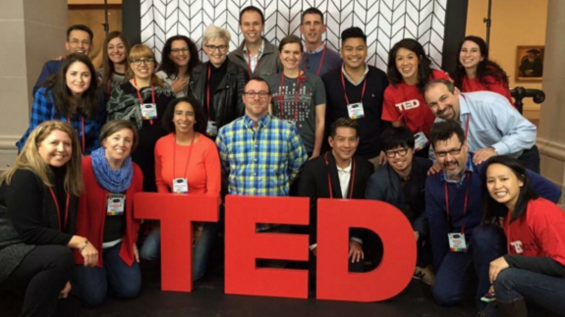
Scott Gass talks oceans
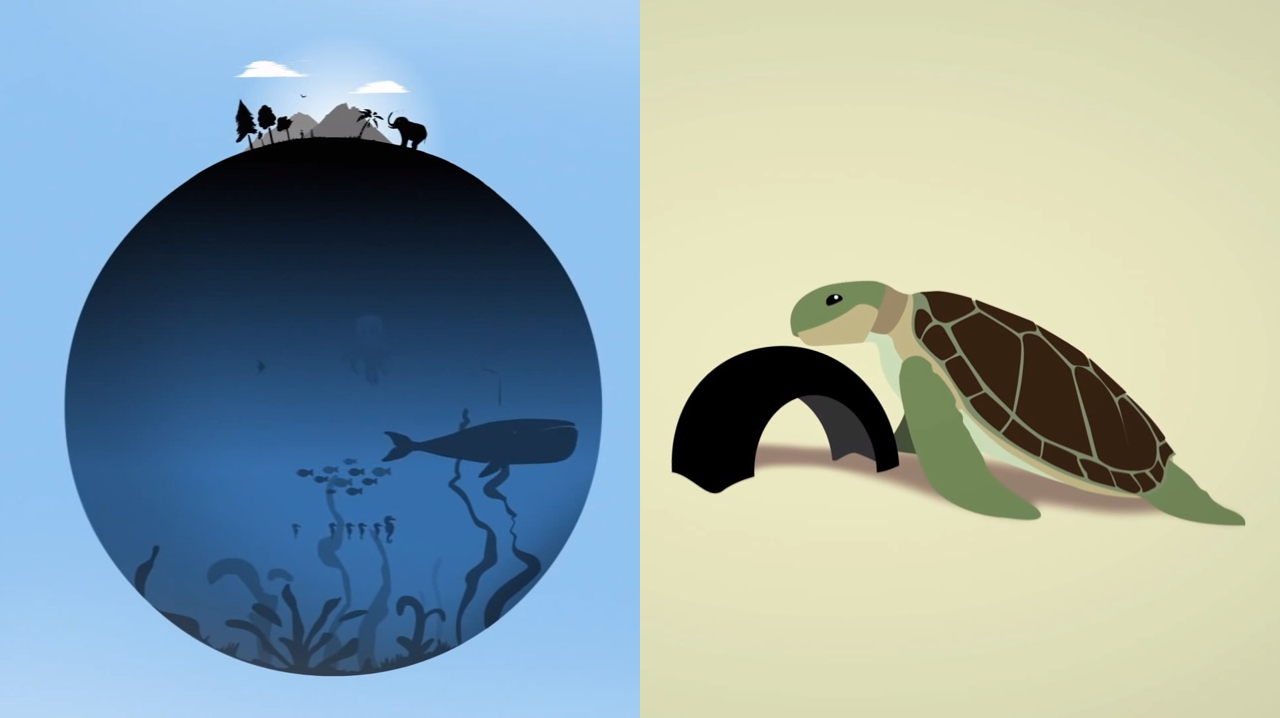
Marine Biologist Scott Gass has brought ideas of oceanic proportions to TED-Ed. From the enormity of “How Big is the Ocean?” to the small miracle of “The Survival of the Sea Turtle,” his Lessons bring us one step closer to understanding this major but mysterious part of our world. He spoke with us about the ocean, marine life, why the ocean should matter to us and why we matter to the ocean.
What first got you interested in the ocean and marine life?
While I can’t put my finger on a single moment, I can think of several important influences and experiences that made the sea a subject of such deep and abiding interest to me.
What were some of those experiences?
I saw the ocean for the first time when I was five years old, during a family journey along the West Coast. As a kid, I watched the voyages of the Jacques Cousteau’s Calypso. I found myself absolutely spellbound with every place and animal the crew encountered. I also visited the Minnesota Zoo and SeaWorld. I got the opportunity to see animals I had only read about or seen on television up close for the first time. Finally at 12, I took my first plunge into the absolute cacophony of the coral reefs in the Florida Keys. If I wasn’t completely hooked before, I was then. I found my way into an occupation that allows me to share a bit of the wonder that I feel about the ocean with others.
Why sea turtles?
I’d given a Talk at TEDActive a year or two earlier about bottlenose dolphins and the rather extraordinary production and manipulation of bubble rings. As TED-Ed was getting up and running, I was asked if I had any other marine-related lessons. The story of the sea turtle stood out almost immediately for me – particularly because we had just installed a couple of new sea turtle interactive pieces at one of our parks and had just finished a new ShamuTV episode about sea turtles.
Beyond that, the journey of the sea turtle from egg to adult is simply astounding! When you consider the gauntlet of threats they have to overcome to make it to adulthood, it is overwhelming.
So, the ocean is huge. Why is this an important lesson?
Certainly not everyone lives in a location where they are reminded daily of the ocean’s influence. The reality is, though, that while we might not think of the ocean every day, while we may not consider the ocean’s overall scope on any regular basis, the world ocean is the single most defining and important feature for life on the planet. No other habitat – or rather, collection of habitats – comes remotely close to being as substantial as the ocean – both in terms of shear size and the number of dependent and prevalent species.
Think about the importance of the ocean in terms of a car. The most important feature of a car is the engine. When you’re sitting in a car you can’t see the engine running, but that doesn’t prevent it from moving the vehicle forward. You’re usually not even thinking about the engine’s presence or performance, until something goes wrong with the car. For many of us, the ocean is like that car engine – totally crucial, often under-considered, its workings likely a bit of a mystery, and only considered when something goes awry. Why is this an important lesson? What is a car without an engine? What is our planet without a healthy ocean?
What are some things we do that poorly impact the ocean?
Unfortunately, there are a number of things that we as humans do that have a negative influence on the general health of the ocean. These include:
1. Dumping excess carbon into the atmosphere makes ocean temperatures rise and the water more acidic.
2. Overfishing and Bycatch: Certain types of marine life are overfished for human consumption or caught discarded in the process of fishing for other species. These two negative practices can cause the precipitous decline or, occasionally, the outright collapse of whole populations.
3. Improper disposal of waste and refuse pollutes habitats, weakens populations, and can poison, entangle, or starve individual marine animals.
4. Habitat destruction: Commercial development creates a deficit of spaces and places for ocean life to make a living.
What can we do to help the sea turtles?
1. The first, most important thing that we can do for sea turtles is to be more aware: more aware of their story, more aware of how extraordinary they are, more aware of our role in their lives. There are 7 or 8 sea turtle species (depending on how you want to count them) and all but 1 is classified as either threatened or endangered. These are animals that have been around since the time of the dinosaurs and only now, with the variety of challenges that humankind has introduced into their environment, find themselves really and truly up against it.
2. Properly dispose of plastic refuse, particularly items such as fishing line or plastic bags. Far too many of these sorts of items end up being swallowed by or entangling sea turtles – either of which usually ends up killing the turtle.
3. Be mindful of marked nests if you find yourself near a turtle nesting beach during a time of year when they are laying eggs or nests are hatching. Don’t disturb the area. Take steps not to spill excess light into the beach area; it can disturb nesting moms and confuse turtle hatchlings.
4. Be aware of the origin and legality of products you might purchase – particularly in regions known to poach sea turtles and sea turtle eggs to sell as food items or occasionally (using the shell or skin of the turtle) items such as sunglass frames, boots, purses, and the like. Avoid supporting any vendor who might be trafficking in turtle-derived merchandise.
For the ocean?
Even if you’ve never seen the ocean, you’re connected to it. The products you use and the energy you depend upon, the air you breathe, and the water around you – wherever you live – is directly tied to the ocean.
1. Virtually every body of water – pond, stream, lake, or river – leads to the ocean. Actions that keep local bodies of water healthy directly help the ocean and all life that depends on it. The same mindset is true for the air. Our atmosphere has no borders and what is expelled in one place can settle in another – including the ocean.
2. Being mindful of the sorts of goods – in particular foodstuffs – you purchase. Understanding how the collection or manufacturing of the products that we buy and the food that we eat impact the ocean not only make us smarter consumers but better ocean stewards.
3. Choosing sustainable foods like fish that are harvested in a manner that allows their base population to remain stable and does not cause significant harm to other species. This is not always easy, so a bit of homework is required. Use sources like Monterey Bay’s Seafood Watch, and be willing to pay slightly more for marine food harvested in a responsible manner.
4. Reduce your carbon footprint. Use less energy around your home, school, and/or place of work. Use reusable shopping bags, find creative reuses for plastic containers, and properly recycle other plastic items. All these can have a meaningful, positive impact on the ocean.
5. Write a letter. Join a group. Support a business or organization. Learn more and share what you know. The truth is we need to work together to make measurable changes in the health of our ocean. This requires individuals to come together, both through collective actions and through organized influence. Taking steps on behalf of the ocean may seem selfless, but it is just the opposite. Our survival depends on a healthy, robust ocean environment. Our fates are intertwined.
Enjoy the ocean. Play. Celebrate. Cherish. The ocean is a glorious, powerful thing to which we are all connected. Dive in.
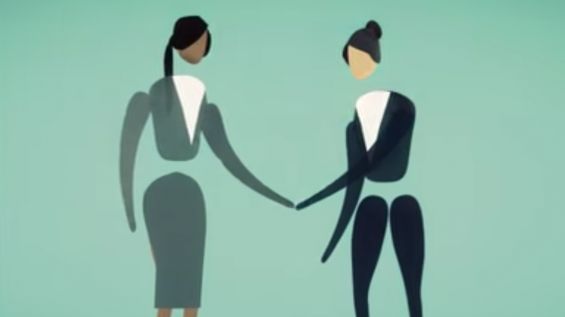
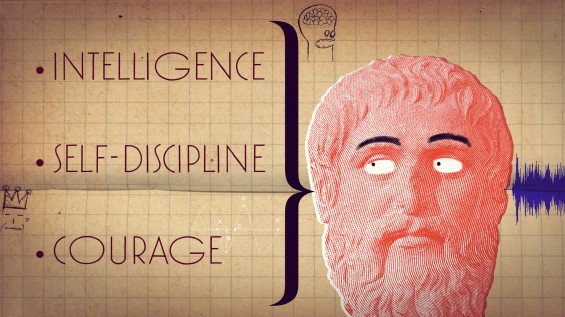
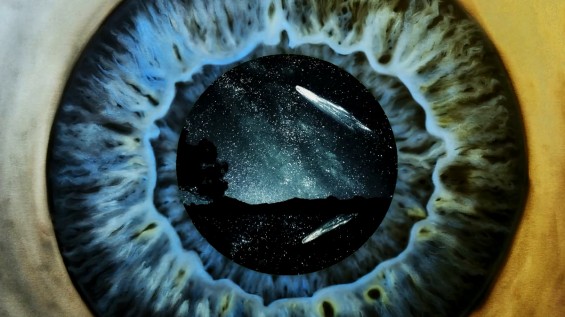

Hi Scott Gass! I have shared the video “The Survival of Sea Turtles” twice before on my Facebook page. I’m just wondering if you had a source or a few sources for those statistics? I have been hearing a few different statistics going around (2/1,000, 1/10,000) but wasn’t sure if there was a paper done about it.
Cheers and thank =)
Dear Mr. Scott Gass,
My name is Julia. I am a researcher at University of Queensland in Australia, and currently working on a sea turtle project. I saw your TED Ed video on youtube. Really enjoyed and love it! Was wondering to ask whether you mind that I use some graphs from this video in my presentation and poster? Please.